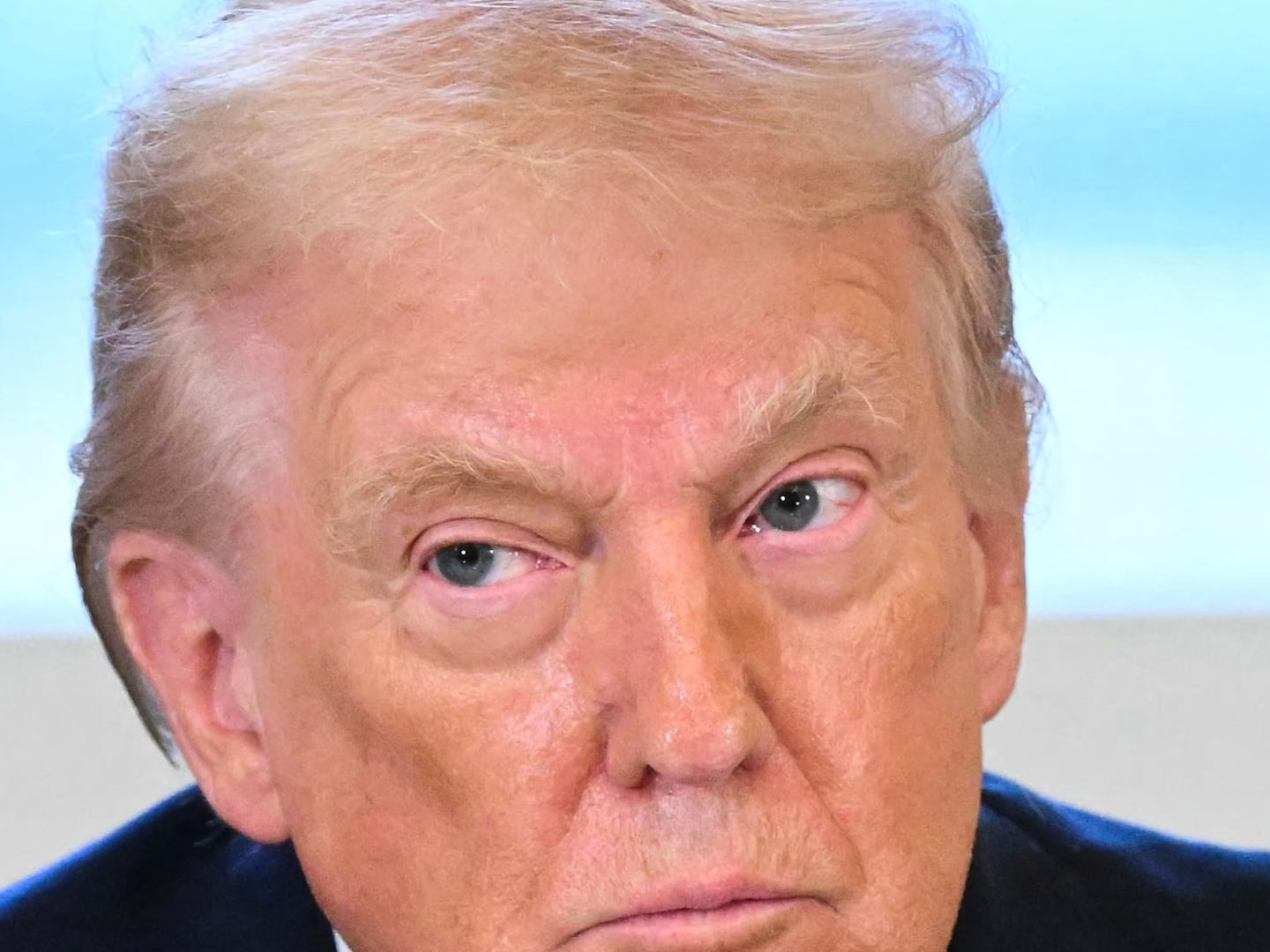I wish I could say I was shocked at the Philando Castile verdict. But the truth is, it was entirely predictable. The criminal justice system in the United States is designed to do two things really well: to railroad black and brown bodies into prison, and to keep police officers out of it.
Officer Jeronimo Yanez, who pulled Castile’s girlfriend over in a St. Paul, Minnesota suburb last July and then shot Castile as his girlfriend livestreamed the encounter and the couple’s four-year-old daughter witnessed her dad bleeding out from the back seat, faced a top charge of manslaughter. One juror said after their decision to acquit that they had split 10 to 2 in favor of acquittal before bringing the recalcitrant around jurors.
I don’t know the specifics of how the deliberations went down other than what’s in the news reports, but having recently sat on a grand jury in Brooklyn, I can imagine. Probably some combination of peer pressure, legalistic arguments from the most determined jurors and a mix of hunger, frustration and fatigue wore down the two until they agreed to go along with the ten.
Meanwhile, does anyone doubt that had poor Mr. Castile lived, he would have been charged, tried and convicted of assaulting an officer for the “crime” of reaching for his wallet to comply with the officer’s command?
If my cynicism about the criminal justice system was baked in long before this verdict, particularly after covering numerous shootings collected under the Black Lives Matter banner, two weeks in the New York grand jury system this spring cratered my hope into the floor. Each day as one of 23 grand jurors empaneled to judge a flurry of about as many cases, I found myself continually careening between disgust and sadness.
My disgust was at the depravity that can infect the human soul; the pimping and trading of young girls in residential neighborhoods and the violence against teenage boys by their peers or even by strangers. My sadness was at the frequent callousness and lack of compassion among many of my fellow citizens who comprise the grand-jury pool.
Here’s how grand juries, famously described as a place where the district attorney could “indict a ham handwich” were described in a rare first-person article by Michael Aronson of The New York Daily News about this little understood or discussed “Kafkaesque system where if you dare try to understand what you're doing, so that you might better exercise your civic duty, well, then you're just being a troublemaker”:
“Written into the state Constitution, grand juries must approve all felony charges sought by a prosecutor. They're composed of citizens serving for weeks at a time, hearing many cases daily. DAs present evidence and witnesses. Of 23 grand jurors, 12 must vote to indict or dismiss.
“But to call all this a formality is an insult to formalities. Of about 125,000 adult felony arrests in Manhattan in the last five years, grand juries have only dismissed charges three times. Ham sandwiches, indeed.”
While grand jurors can ask questions, the proceedings are led by a prosecutor, with no judge present, and are sealed. Without discussing individual cases, in the span of two weeks on my grand jury in Brooklyn I witnessed presumptuousness, and even vindictiveness among some of the prosecutors who filed before us. Not all of them were awful, of course.
Some had a passion for the victims they were fighting for that was admirable. Some clearly could still see human beings arrayed before them. But others were ice cold—overburdened and bothered, huffing and puffing and determined that every single person they presented to us would go to trial, come what may. Fail to indict on a count? They’ll bring another. Challenge a police witness? Prepare to feel the vibrations of their scorn.
After seeing this system close up, I have a new understanding of why so many young men of color are locked up—and why none of them are likely to ever share a jail cell with a disgraced cop. In sharp contrast to civilians, the police were presented to us as members of the team. Touch them and you will be charged to the hilt. Thrash your body in response to their verbal or physical abuse, flail or mouth off, and the ADA will take you down, even if she has to bring ten more charges to the reluctant grand jury. The slightest contact with an old man’s walking stick renders a strong, young officer “unable to return to work indefinitely,” likely per the instructions of their union. The slightest movement from a suspect leaves 6-foot tall, gun-wielding patrolmen in “abject fear for their lives.”
This system is built to grind black and brown bodies into its teeth and swallow them. It’s built to make it a felony to be addicted to drugs, or to own a handgun in the city, even tucked away in your home or car. (And yes, I’m still for gun reform, though some of the laws are absurd, as are the racial discrepancies in the way they are enforced.) If an officer says they found a gun or drugs on you, they don’t even have to prove it to the grand jury for you to be indicted. They just have to say so on the stand. Nothing they say is hearsay.
The judicial system is built to present the civilian defendant as by definition a liar, who if they choose to testify on their own behalf (and if you are ever charged with a crime, God forbid, you absolutely should testify) will be grilled as if at trial. In New York, prosecutors aren’t even required to present exculpatory evidence to the grand jury. Anyone who doubts that a grand jury is a mere fig leaf for the prosecution’s will has never sat on one. To be in the minority on such a jury is to feel like a mad person, thrashing in the waves against a sea of barges steaming in one direction: indictment, so long as the defendant is not a cop.
The prosecutors present themselves as the grand jury’s “legal advisers,” as if that’s not a fundamental conflict. They started out friendly, but quickly grew churlish and even angry if we stepped out of line and refused to return “true bills” on all counts. Those counts often numbered more than a dozen, to give the state plenty of options and leverage to force plea deals on frightened defendants. In at least one case, the innocence of the defendant, who wisely testified on their own behalf, was almost comically obvious, since their story matched the police account word for word. In another, a defendant who also took the option of testifying saved themselves from one charge, only to prompt the prosecutor to all-but litigate the full case before us in order to ensure their prey would wind up ensnared.
There are fundamental dishonesties baked into the system. In cases involving juvenile defendants, the state plays a game of “guess the door.” Choose door number one, and the jury can push the case to family court. Door number two, and it’s the dark road to Rikers Island for a defendant who is not yet a man. But you have to vote on the charges first, and then you’ll find out which door you chose. Two years after Kalief Browder killed himself, racked with the grief and pain inflicted on him by three years’ disappearance into that hell, very little has changed.
And as for my fellow grand jurors, most seemed nice enough. But often, the room grew more anxious over what time our lunch break would be than whether or not people would sleep well at night after deciding the fate of someone’s father or child.
Sleepiness, hunger and sheer boredom become factors in who got indicted and who didn’t. Having less detailed information about a case seemed to produce a greater chance of a true bill. Knowing more often produced greater skepticism toward the state’s case.
What was most troubling was the seeming inability of many people to relate to young black men, and to empathize with their suffering. That lack of empathy turns out to span lines of race, gender and even age. Fellow jurors old and young, black, white and Hispanic were willing to send people to trial on the word of a single witness (even more so if that witness was clean cut or attractive; less so if the witness didn’t speak English.) Testimony by police, often heavily coached by the prosecutors, was typically accepted without question.
What became most clear to me after my two-week tour of this corner of our judicial system is that we as a nation spend too much time and energy locking people up for very little, and not enough time examining whether the truly powerful are held to account. We prosecute people for simply having drugs on them, inflating every offense by a clear addict as “intent to sell.” We overcharge people to try and force them into pleas. We lock up children for being the problem kid at school rather than finding some way to help them.
Being on a grand jury felt like attending a series of hangings in a legal Wild West. Hands up for a true bill. Hands up for a dismissal. A show of hands to save a life, or to end it.
Meanwhile, what Americans need to understand — from the smallest small fry to Donald Trump, who if he was wise would be much less cavalier about the prosecutors pursuing him — is that the system is very good at producing convictions when it wants to, and even better at protecting the people empowered to administer justice. Put another way: the only people in our country who are truly safe from the system—besides the rich and the famous— are the cops. And boy, are they safe.
Due to a series of Supreme Court rulings that jurors rely on in the rare instance that a police officer is indicted and is before them as a defendant, cops have no duty to protect the public from attack. They can gun down the mentally ill with impunity. They can use excessive force and even overkill with a free pass not accorded our soldiers in war. They can blow away your 12-year-old, choke you out on the street, chase your teenage son into your house and blow him away in front of your mom and your 6-year-old and, yes, mow you down in the passengers seat of your girlfriend’s car on Facebook Live with barely any likelihood of being convicted. The most that will likely ever happen to a police officer who kills you or your loved one is that he’ll be fired. That’s reality. Especially if you are black—whether you are a man, a woman, or a child.
Such is our society’s desire for a particular kind of “law and order.”
It sounds terribly cynical, but the real surprise in the Philando Castile case is not that the officer was acquitted but that he was charged at all. The prosecutors in the case deserve great credit for even trying. But no one should be shocked about how it turned out.






